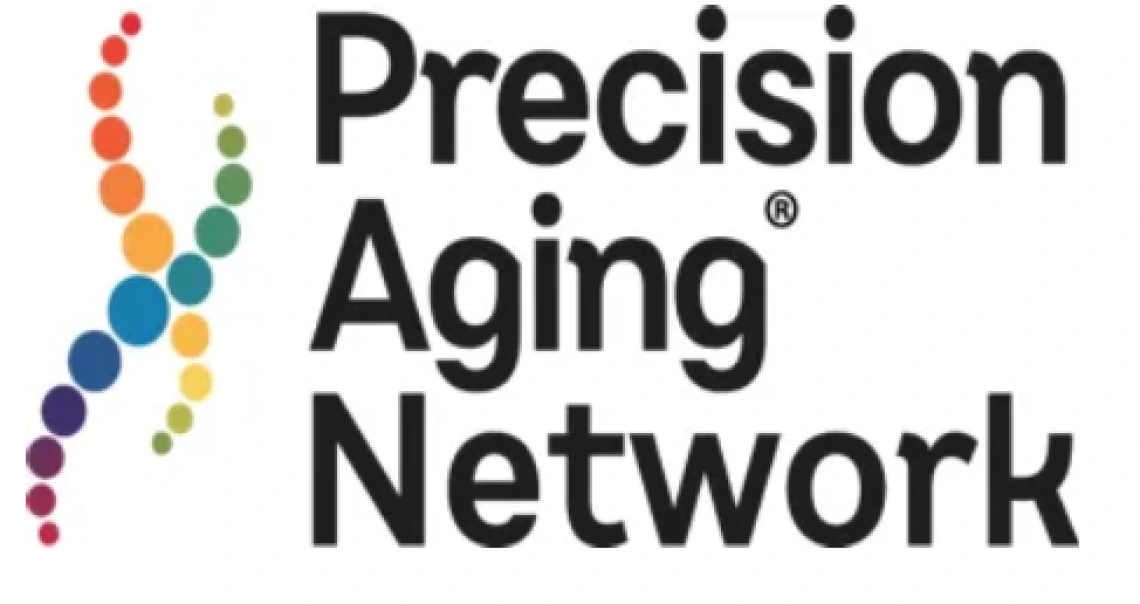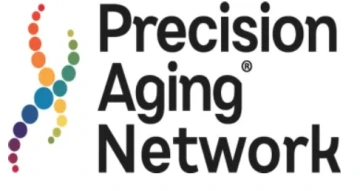NIH Precision Aging Network (PAN) Data Science Core enables national collaboration through their FAIR compliant data platform

The Precision Aging Network (PAN), at the University of Arizona, was launched in 2021 with a $60 million grant from the National Institute on Aging, part of the U.S. National Institutes of Health. Designed as a multi-institutional collaboration, PAN includes seven partner research universities—University of Miami, Johns Hopkins University, Emory University, Georgia Tech, Georgia State University, Arizona State University, and Baylor College of Medicine—alongside the Translational Genomics Research Institute in Phoenix. The network now holds one of the largest and most comprehensive data sets on cognitive aging and biomarkers, spanning more than 350,000 individuals.
At the center of this ambitious research enterprise is the Data Science Core, a critical component that supports open, reproducible science by developing and maintaining the data infrastructure required for a project of this scale. The challenges in managing massive, federated datasets—often housed across multiple institutions and accessed by geographically dispersed research teams—are considerable. Ingesting, governing, analyzing, and sharing data in a way that is both robust and FAIR (Findable, Accessible, Interoperable, and Reusable) demands a sophisticated infrastructure and true institutional collaboration.

Bonnie LaFleur, Professor of Biostatistics in the U of A R. Ken Coit College of Pharmacy and Associate Director of the Center for Biomedical Informatics and Biostatistics, leads the Data Science Core. Under her leadership, the U of A has built a powerful and scalable research platform, drawing on resources from key partners across campus. These include the Research, Innovation & Impact (RII), Data Science Institute, CyVerse, Bio5, Center for Biomedical Informatics and Biostatistics (CB2), and Ken Coit College of Pharmacy. Their coordinated support has been instrumental in designing a data infrastructure capable of supporting open science at scale.
The infrastructure—now in active use by PAN—includes established workflows and data storage on CyVerse, ensuring that research outputs are reproducible and accessible. Data generated through PAN will ultimately be made available through the National Institute on Aging, opening opportunities for wide-scale analysis and collaboration beyond the original network.
Researchers at the University of Arizona who are developing projects that require FAIR-compliant, open science platforms can connect with the Data Science Core to explore how this infrastructure might support their work. PAN offers not just a model of what is possible, but an active system available for broader use. For more information about the Precision Aging Network, visit https://precisionagingnetwork.org. Questions about the Data Science Core or potential collaborations should be directed to Bonnie LaFleur at blafleur@arizona.edu.

